Dacia Jogger vs Peugeot Partner - Differences and prices compared
Compare performance (140 HP vs 136 HP), boot space and price (15400 £ vs 22400 £ ) at a glance. Find out which car is the better choice for you – Dacia Jogger or Peugeot Partner?
Costs and Efficiency:
When it comes to price and running costs, the biggest differences usually appear. This is often where you see which car fits your budget better in the long run.
Dacia Jogger has a significantly advantage in terms of price – it starts at 15400 £ , while the Peugeot Partner costs 22400 £ . That’s a price difference of around 6969 £.
Fuel consumption also shows a difference: Dacia Jogger manages with 4.70 L and is therefore to a small extent more efficient than the Peugeot Partner with 5.20 L. The difference is about 0.50 L per 100 km.
Engine and Performance:
Under the bonnet, it becomes clear which model is tuned for sportiness and which one takes the lead when you hit the accelerator.
When it comes to engine power, the Dacia Jogger has a minimal edge – offering 140 HP compared to 136 HP. That’s roughly 4 HP more horsepower.
In acceleration from 0 to 100 km/h, the Dacia Jogger is a bit quicker – completing the sprint in 9.80 s, while the Peugeot Partner takes 11.20 s. That’s about 1.40 s faster.
In terms of top speed, the Peugeot Partner performs slight better – reaching 183 km/h, while the Dacia Jogger tops out at 174 km/h. The difference is around 9 km/h.
There’s also a difference in torque: Peugeot Partner pulls noticeable stronger with 300 Nm compared to 200 Nm. That’s about 100 Nm difference.
Space and Everyday Use:
Whether family car or daily driver – which one offers more room, flexibility and comfort?
Seats: Dacia Jogger offers clearly perceptible more seating capacity – 7 vs 5.
In curb weight, Dacia Jogger is barely noticeable lighter – 1251 kg compared to 1329 kg. The difference is around 78 kg.
In terms of boot space, the Peugeot Partner offers decisively more room – 1800 L compared to 607 L. That’s a difference of about 1193 L.
In maximum load capacity, the Peugeot Partner performs significantly better – up to 4000 L, which is about 2181 L more than the Dacia Jogger.
When it comes to payload, Peugeot Partner clearly takes the win – 991 kg compared to 582 kg. That’s a difference of about 409 kg.
Who comes out on top?
Overall, the Peugeot Partner shows itself to be wins the duel decisively and secures the title of DriveDuel Champion.
It convinces with the more balanced overall package and proves to be the more versatile choice for everyday use.
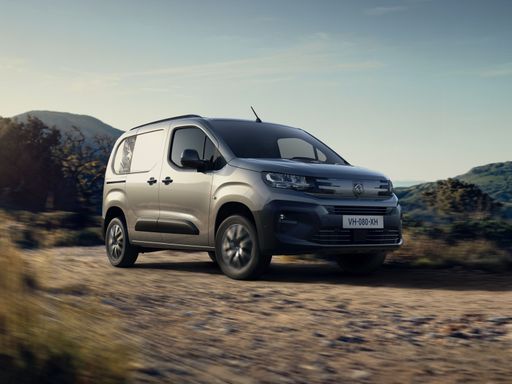
Peugeot Partner
Costs and Consumption
View detailed analysis
Engine and Performance
View detailed analysis
Dimensions and Body
View detailed analysis
Dacia Jogger
The Dacia Jogger is a no-nonsense family mover that stretches the idea of value with cavernous practicality and flexible space, perfect for buyers who need a sensible, everyday Swiss Army knife on wheels. It doesn’t try to be glamorous — instead it wins hearts with cheerful thrift, durable materials and honest engineering, giving you useful transport without the pretence.
details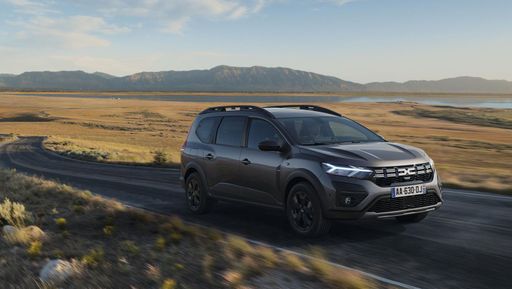
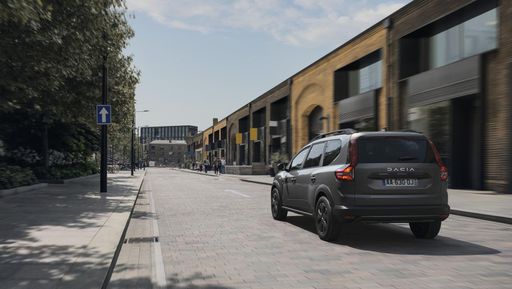
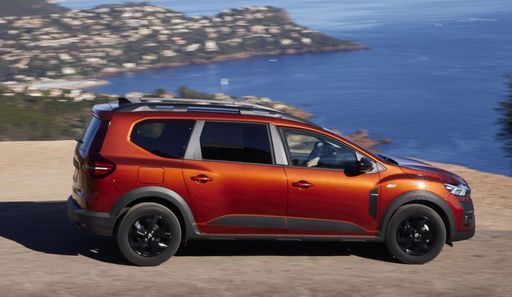
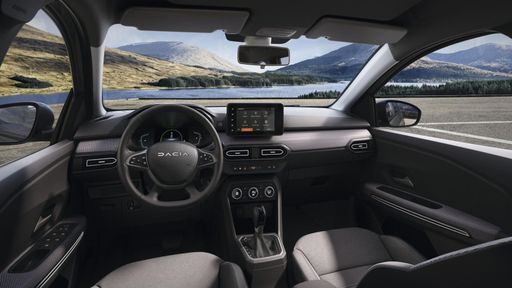
Peugeot Partner
The Peugeot Partner is a no-nonsense workhorse that doubles as a surprisingly comfy family mover, combining clever storage solutions with an easy-to-live-in cabin. It won’t win any beauty contests, but for small businesses and active families it’s practical, economical and utterly reliable when the day gets busy.
details
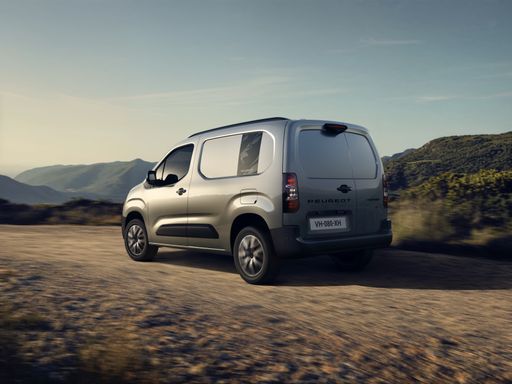
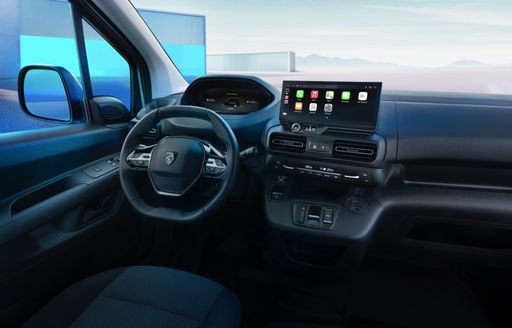
Costs and Consumption |
|
|---|---|
|
Price
15400 - 23400 £
|
Price
22400 - 33800 £
|
|
Consumption L/100km
4.7 - 7.8 L
|
Consumption L/100km
5.2 - 6.3 L
|
|
Consumption kWh/100km
-
|
Consumption kWh/100km
17.40 kWh
|
|
Electric Range
-
|
Electric Range
354 km
|
|
Battery Capacity
0.60 kWh
|
Battery Capacity
-
|
|
co2
105 - 137 g/km
|
co2
0 - 143 g/km
|
|
Fuel tank capacity
40 - 50 L
|
Fuel tank capacity
53 - 61 L
|
Dimensions and Body |
|
|---|---|
|
Body Type
MPV
|
Body Type
Cargo Van
|
|
Seats
5 - 7
|
Seats
2 - 5
|
|
Doors
5
|
Doors
4 - 5
|
|
Curb weight
1251 - 1460 kg
|
Curb weight
1329 - 1813 kg
|
|
Trunk capacity
160 - 607 L
|
Trunk capacity
1800 L
|
|
Length
4547 mm
|
Length
4403 - 4753 mm
|
|
Width
1784 mm
|
Width
1848 mm
|
|
Height
1674 mm
|
Height
1796 - 1812 mm
|
|
Max trunk capacity
1807 - 1819 L
|
Max trunk capacity
3300 - 4000 L
|
|
Payload
393 - 582 kg
|
Payload
611 - 991 kg
|
Engine and Performance |
|
|---|---|
|
Engine Type
Full Hybrid, LPG, Petrol
|
Engine Type
Electric, Diesel, Petrol
|
|
Transmission
Automatic, Manuel
|
Transmission
Automatic, Manuel
|
|
Transmission Detail
Automatic Gearbox, Manual Gearbox
|
Transmission Detail
Reduction Gearbox, Manual Gearbox, Automatic Gearbox
|
|
Drive Type
Front-Wheel Drive
|
Drive Type
Front-Wheel Drive
|
|
Power HP
91 - 140 HP
|
Power HP
102 - 136 HP
|
|
Acceleration 0-100km/h
9.8 - 13.2 s
|
Acceleration 0-100km/h
11.20 s
|
|
Max Speed
167 - 174 km/h
|
Max Speed
135 - 183 km/h
|
|
Torque
160 - 200 Nm
|
Torque
205 - 300 Nm
|
|
Number of Cylinders
3 - 4
|
Number of Cylinders
3 - 4
|
|
Power kW
67 - 103 kW
|
Power kW
75 - 100 kW
|
|
Engine capacity
999 - 1598 cm3
|
Engine capacity
1199 - 1499 cm3
|
General |
|
|---|---|
|
Model Year
2024 - 2025
|
Model Year
2024 - 2025
|
|
CO2 Efficiency Class
C, D
|
CO2 Efficiency Class
A, E
|
|
Brand
Dacia
|
Brand
Peugeot
|
What drivetrain options does the Dacia Jogger have?
The Dacia Jogger is offered with Front-Wheel Drive.




